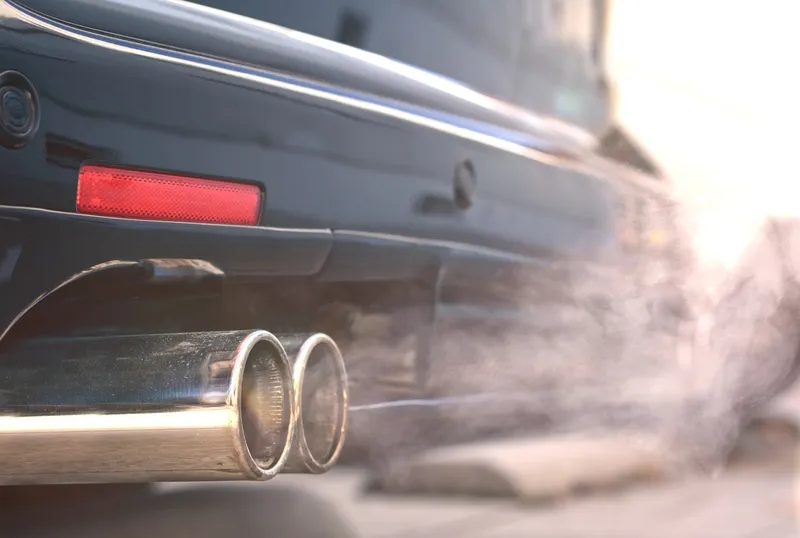
Four US jurisdictions have signed a Memorandum of Understanding outlining plans to implement a Transportation and Climate Initiative Program (TCI-P).
Connecticut, Massachusetts, Rhode Island and the District of Columbia are working together to reduce emissions from the transportation sector and improve public health.
A broader coalition of East Coast states including New Jersey, North Carolina and Virginia joined this announcement with a commitment to continued efforts to reduce transportation emissions.
Last October, more than 100 businesses, investors and higher education institutions, including Lyft, Biogen and Connecticut State University called on state leaders to act swiftly in adopting TCI-P to power a green recovery that prioritises emissions reductions in communities.
Non-profit organisations Ceres, Climate Collaborative and Health Care Without Harm helped coordinate the call for action.
Alli Gold Roberts, director of state policy at Ceres, says: “The transportation sector is the largest and fastest growing source of greenhouse emissions in the US, and efforts like the TCI will help to not only curb transportation emissions, but revitalise state economies and create new jobs at a time when states need the relief the most.”
Roberts believes the equity provisions included in the new agreement will be essential to the success of TCI-P.
“Dedicated investments, inclusive advisory boards, and required air quality reporting are important first steps,” she continues.
“Complementary policies - such as mandatory emission reductions, equitable electric vehicle deployment, and transit funding - will also be needed to close the gap on persistent inequalities tied to transportation pollution.”








